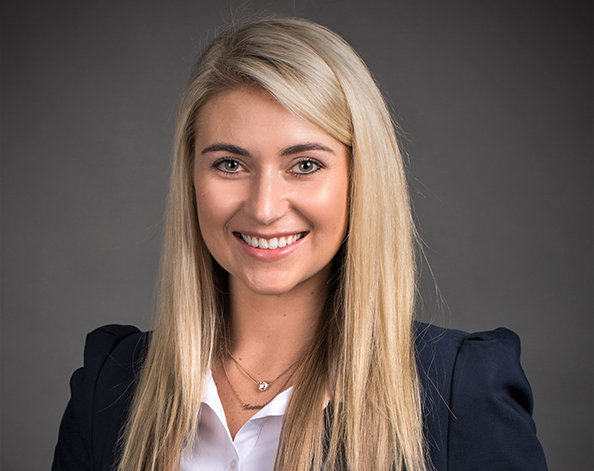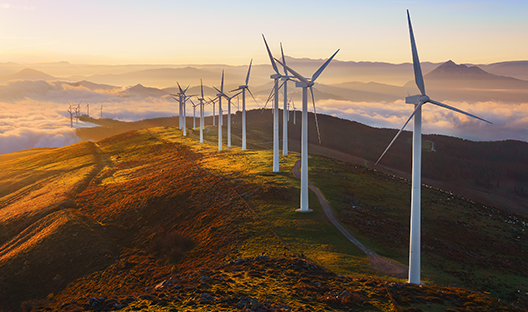Get Focus insights straight to your inbox
In May 2019, the cover of TIME magazine portrayed South Africa as “the world’s most unequal country”. The cover image shows two neighbourhoods outside of Johannesburg, with middle class Primrose on the left and the informal settlement of Makause on the right. This image shows a shocking but honest picture of how the rich and poor can inhabit spaces that are right next to each other, yet be vastly different.
In the same year, the United Nations University issued a report about reducing inequalities within South Africa. The report noted the below findings:
- South Africa’s position as the most unequal country in the world had not changed.
- Progressive taxation and social transfers help to offset existing inequalities, but they cannot solve inequality alone.
- Policies that target earnings inequalities and expand employment opportunities are a crucial part of any inequality solution.
- The main earnings inequality in the South African labour market is between top incomes and everyone else.
- Other important inequalities are those between men and women, college-educated versus non-college educated as well as white and African.
- Inequalities in wealth, assets and income from capital underpin the persistence of these income inequalities.
These findings highlight key challenge areas that the 10th United Nations Sustainable Development Goal (SDG 10) targets. SDG 10 aims to reduce inequality by seeking real improvement within society by enabling everyone to have access to opportunities that will support their personal growth. In many cases, people face discrimination because of their gender, disability, status, ethnic or racial group or background, which further inhibits their ability to live a meaningful life. SDG 10 seeks to ensure that everyone, everywhere has a chance to live a healthy and happy life.
SDG 10 aims to reduce inequality by seeking real improvement within society by enabling everyone to have access to opportunities that will support their personal growth.
The underlying targets of SDG 10 aim to remove the barriers people face through improved regulation, enhanced representation of developing countries and minority groups as well as by empowering people through providing equal opportunities and foreign direct investment where the need is greatest. Making progress on gender equality and understanding the challenges that different groups of people face are key for progress to be achieved in SDG 10. Inequity is deeply connected to inequality; both in cause and solution.
Solutions need to be centred on expanding employment opportunities and taking steps to close the gap between the top earners and the rest of the population. With a growing economy, an expanding workforce and a more financially empowered society, we will not only see prosperity in business but also progress in achieving a more equal society. This is multi-faceted and requires layered interventions including access to quality education, skills development and employment opportunities, as well as support for entrepreneurs.

Through engagement, deep listening and an open mind, we can foster an inclusive culture where everyone feels a sense of belonging – not by asking others to be like us, but by demonstrating that we can be true to ourselves and all fit together.
As individuals, SDG 10 calls on us to recognise the differences between us and to be inclusive of those who are different from us – to hold space for those who have different experiences and challenges to us, taking a genuine interest in learning about the path they have walked. Through engagement, deep listening and an open mind, we can foster an inclusive culture where everyone feels a sense of belonging – not by asking others to be like us, but by demonstrating that we can be true to ourselves and all fit together.
Much like climate action is foundational for the sustainability of the natural world, so too is reducing inequalities foundational for the sustainability of our society. While believing we can achieve a truly equal world is perhaps naïve, we need to do better in moving closer together and not further apart. The more concentrated wealth is, and the more access and opportunities are skewed to a shrinking part of the population, the broader and more entrenched these challenges will be across a growing part of our people. Ultimately, this not only holds us all back from a prosperous future but it threatens our ability to have a future at all.
Living in Covid-19 induced lockdowns taught us an important lesson about ‘living on and with less’ and that the only way we get through these challenges is through supporting and being supported by those around us. Excess must be channeled to uplift others and access to opportunities should be broadened by bringing people into the networks we have that they may not be connected to. As Anne Frank said, “No one has ever become poor by giving”. This holds true for money, time and skills. We can make a meaningful difference in the lives of those that have less than we do and still maintain all that we need.

Responsible Investing and Sustainability at Investec Wealth & Investment
As Sustainability is core to our fundamental investment approach, we have integrated ESG considerations into our investment decision making and broader investment process.




